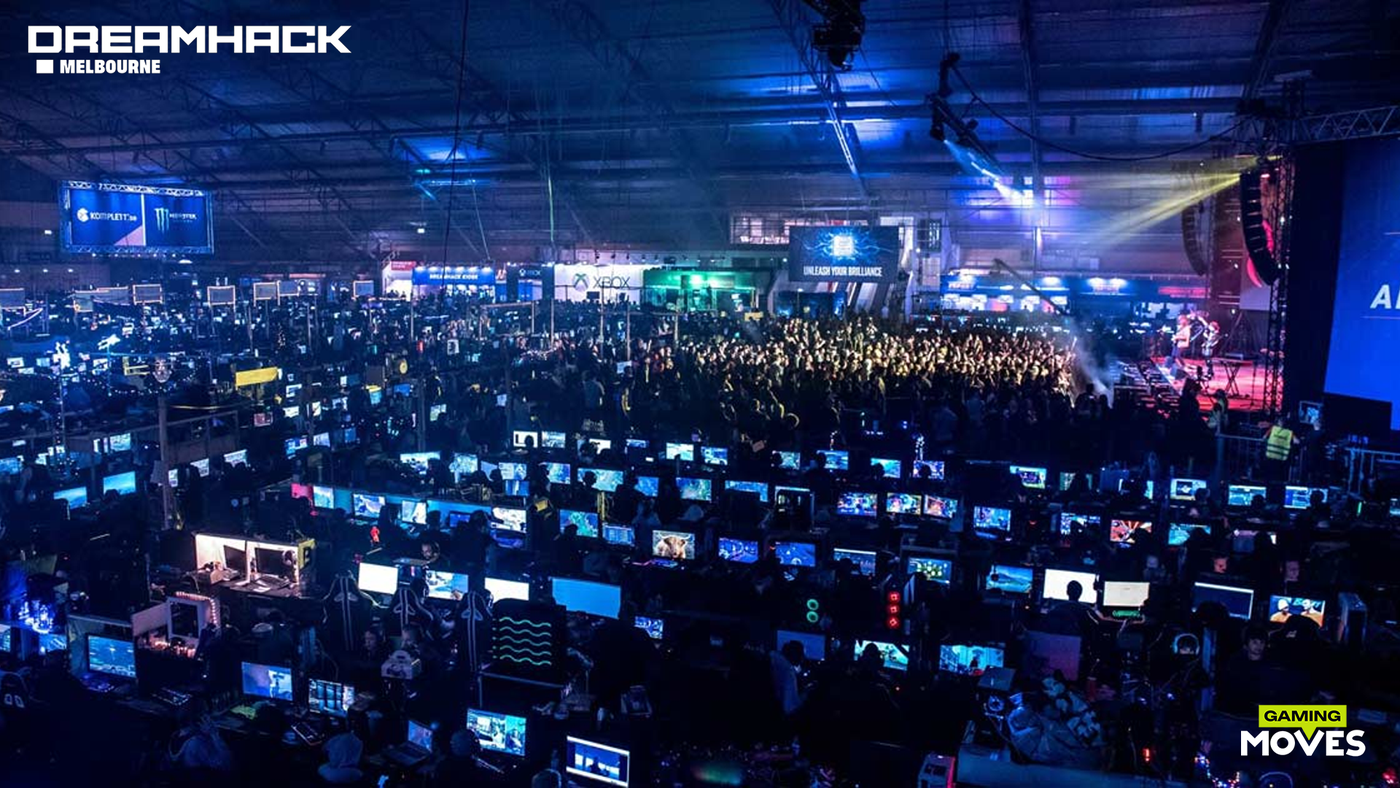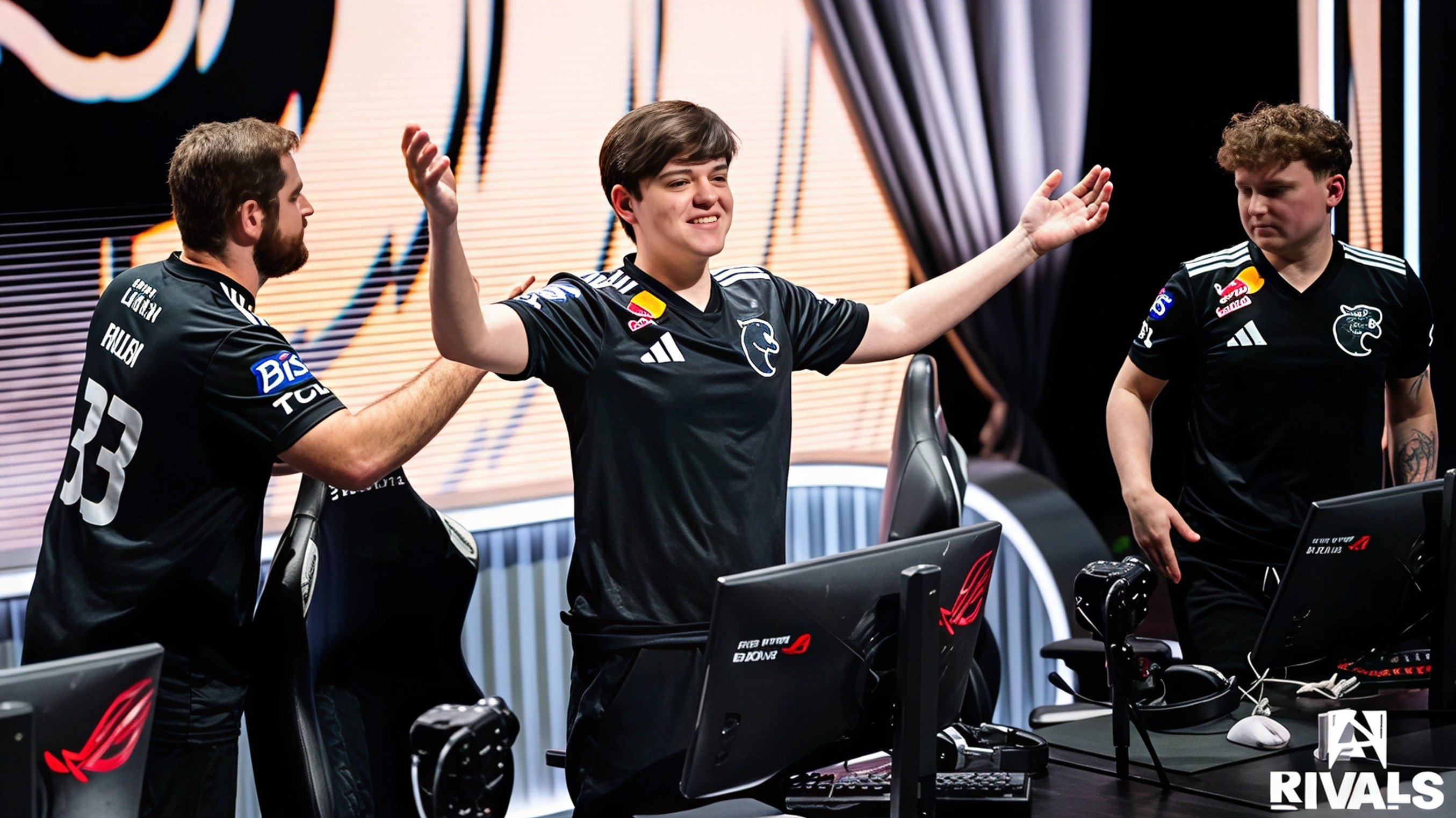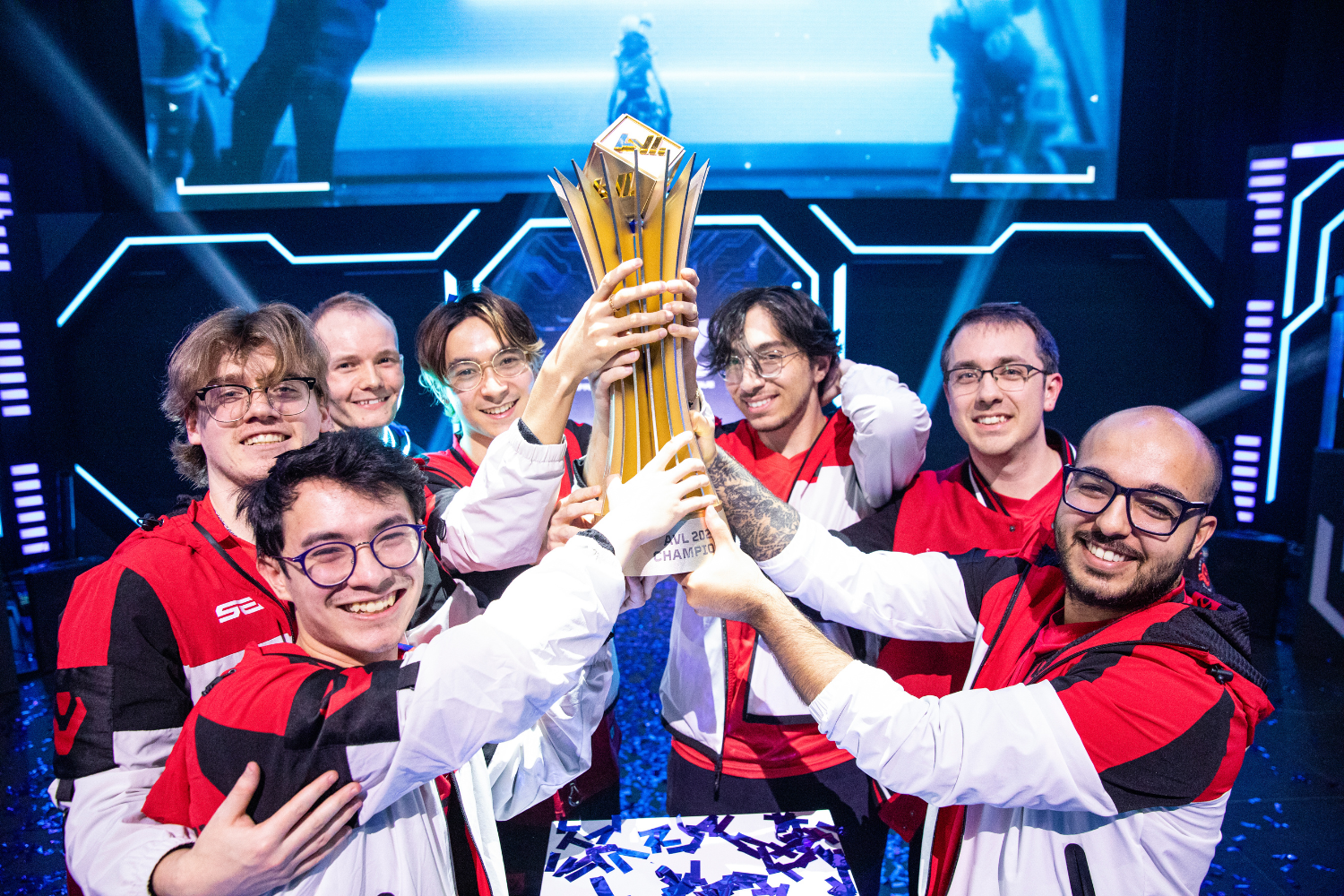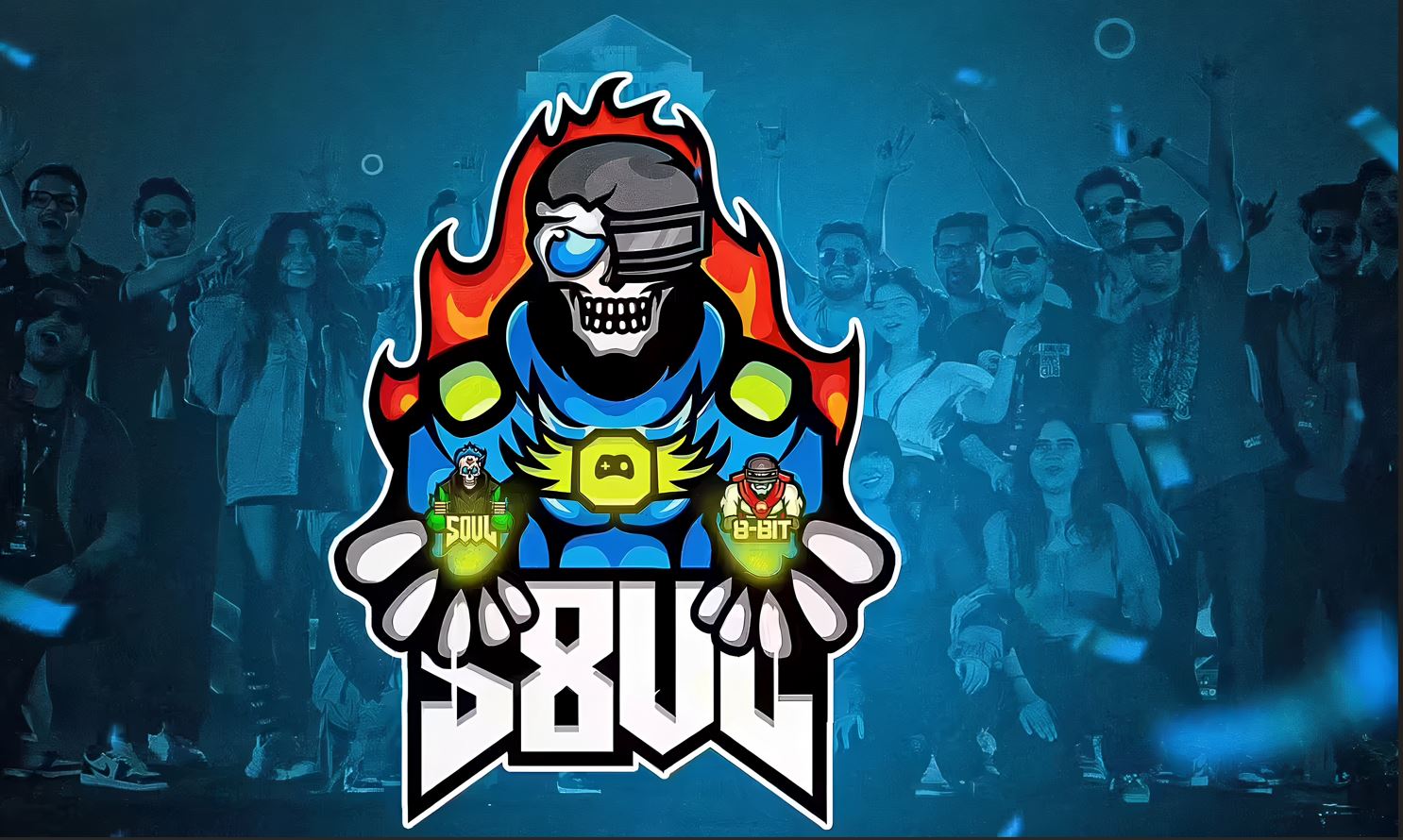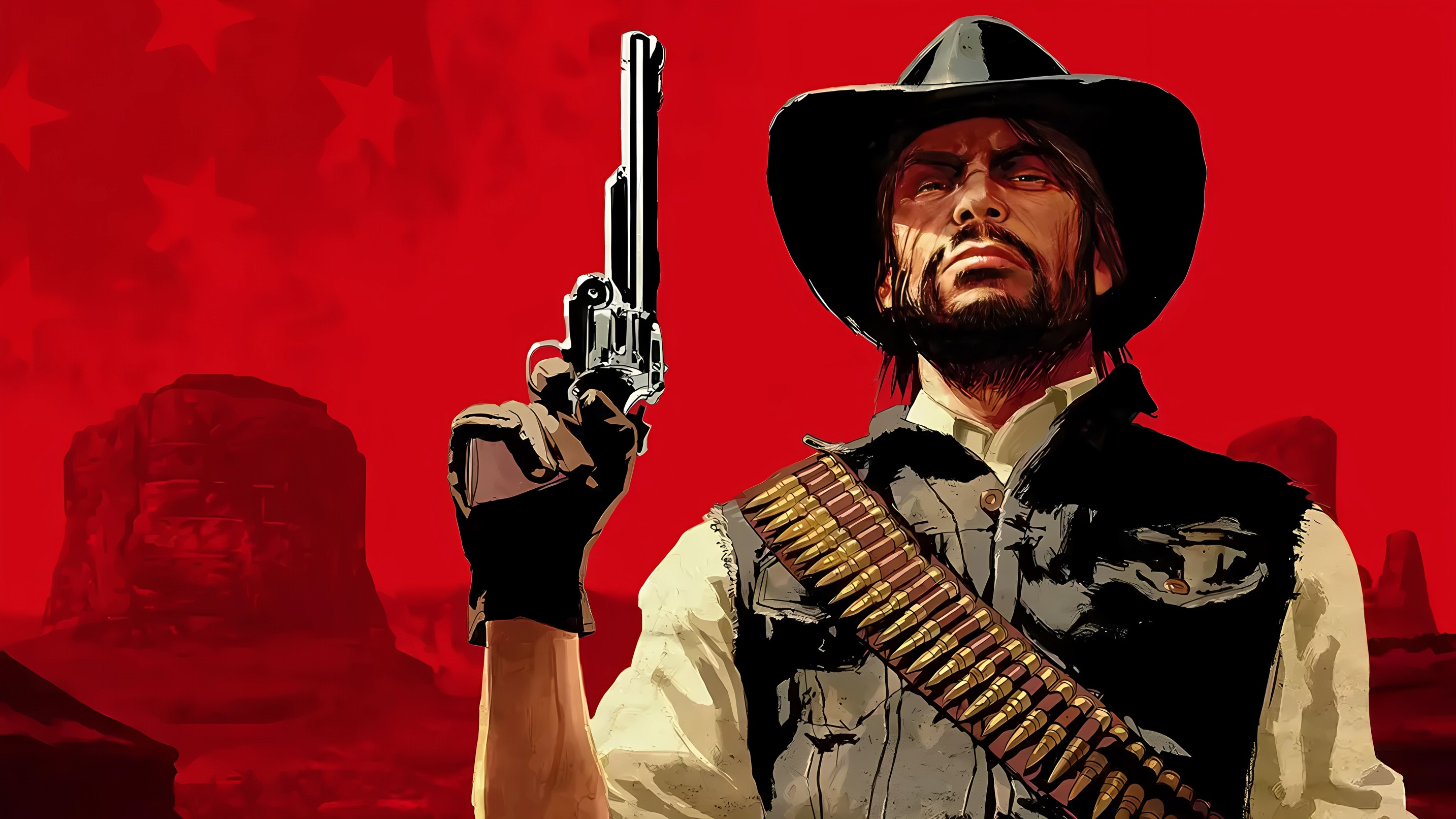Dreamhack Melbourne 2024, held at the iconic Rod Laver Arena, showcased a notable shift in focus from its traditional esports-centric roots to a broader gaming and creator culture event. This change reflects both a regional and perhaps global reassessment of esports' spectator appeal and the evolving interests of the gaming community.
A Shift in Focus
Unlike previous years where esports tournaments like the League of Legends Oceanic Split 1 Grand Final and the ESL Challenger Counter-Strike 2 tournament took center stage, this year's event seemed to downplay competitive gaming. Instead, the festival expanded its embrace of digital content creators, dedicating significant resources to accommodating Twitch streamers and other social media influencers. This pivot aims to capture a wider audience, evident in the festival’s programming which predominantly featured panels and activities unrelated to esports.
Community Response
Interaction with attendees revealed a diverse array of interests with many drawn to the event not for the esports but for cosplay, the expo hall, and creator meet-ups. The prominence of creators like the anime YouTubers Trash Taste highlights this shift towards a more inclusive gaming culture festival. The diminished emphasis on esports was palpable, with only a few attendees primarily there for the esports action, suggesting a tepid spectator interest in competitive gaming within the Australian context.
Venue Challenges
The choice of Rod Laver Arena, while prestigious, presented logistical challenges for an event now leaning towards a traditional convention format. Issues with acoustics and space allocation disrupted the flow between expo areas and panel stages, leading to a cramped and noisy environment that was less conducive to both exhibitors and attendees.
Identity Crisis?
Dreamhack Melbourne seems to be in the throes of an identity crisis. As it incorporates more elements familiar from PAX Aus, such as BYO PC areas, cosplay competitions, and meet-ups, it risks losing its unique appeal as a premier esports event. The challenge for organizers is to carve out a distinct identity that can coexist with the legacy of Dreamhack as an esports tournament while appealing to the broader interests of today’s gaming community.
Looking Forward
Despite these growing pains, the overall attendee experience was positive, suggesting there is a robust appetite for such events. The festival’s evolution raises questions about the future shape of Dreamhack Melbourne and whether it will further distance itself from its esports origins or attempt to strike a balance between competitive gaming and a more generalized gaming culture event.
As Dreamhack Melbourne continues to adapt, it will be intriguing to see how it positions itself in the coming years, especially in relation to established events like PAX Aus, and whether it can redefine its appeal to both dedicated esports fans and the wider gaming community.

